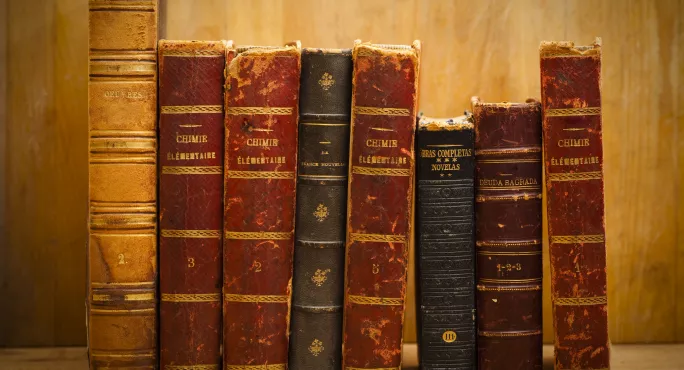Picking the right books for our pupils at primary can be difficult. We want our students to love reading and we also want to challenge them. That can be a tricky balance, and it has been made even harder because the recent introduction of the new national curriculum has led to a literature arms race.
My worry is that we are now being cornered into picking books that may not really be suitable. For example, books that two years ago we would have been recommending for Year 6 are now appearing on lists for Year 3/4 pupils.
Why do we suddenly have the urge to rush children away from being…err...children?
We don’t do it with films or computer games. Here, we tend to be more prudish. But look at social media or recommended book lists and we are much more comfortable with children reading books that deal with topics above their age range.
But making the right choice of book is probably even more important than the choice of film or computer game. The best books are way more affecting than games or TV or films. I have laughed, cried, been horrified and felt despair more with books than any other medium. The best books are windows to human emotion, glimpses into the human experience. Books are dangerous, powerful and beautiful.
And, as a result, they should also be used with caution.
Lots of the time I hear teachers saying, “I’m using this book or that book with my Year 3 class,” and I just have visions of Jeff Goldblum as Ian Malcolm in Jurassic Park: “ ...they were so preoccupied with whether or not they could, that they didn't stop to think if they should.”
The Hunger Games is a perfect example: having read it, it’s a book I don’t think is suitable for 11-year-olds. It is too violent, it’s dystopian world is too bleak. Some of the subject matter and the themes are unsuitable. The books require a level of emotional understanding beyond some of the children.
Yet a couple of years ago, it was in a lot of Year 6 classrooms.
I really do feel we are pushing books at children that, while they are able to read them, they cannot really access their true beauty and depth because they are not really emotionally ready for them. Much of Shakespeare fits that for me. Romeo and Juliet is wonderful, but why not read it around 13/14 years old when they have some idea of that flush of emotion?
When it comes down to it: why are we pushing these books earlier and who are we doing it for? Is it really for the children or for ourselves? Is it a badge of honour for us?
In my head, I tend to rate books as you would rate a film. I know it isn't the same but there should always be a question of thresholds. It is vital that staff know the book and understand the themes of the book. My measure is always my own children. I judge my book choice on whether I as a parent would have been happy for my child to be exposed to that book, whether my child was emotionally ready for the content and the themes of a book.
I know it's not particularly scientific but it makes me approach books with caution and a healthy respect.
So, as teachers, how do we pick the right book?
1. Read the books you're thinking of using. (It horrifies me how many teachers pick a book without having read it.)
2. Think about the things children would need to know to truly access the book (You may want to build up the required knowledge before using it.)
3. Ask. Get wider views than your own. (There are lots of brill bookish people who can help you make the right choice.)
4. Know the children in your class. (Choose safely at the start of the year, as every class is different.)
5. Know the parents' limits. (They have them and can be quite vociferous if you break them.)
6. Know your own limits. (If you feel uncomfortable with the book, don’t use it.)
Remember that the best books open doors to understanding. They are dangerous and wonderful. Please read with caution.
Simon Smith is headteacher at East Whitby Academy in North Yorkshire. He tweets @smithsmm




